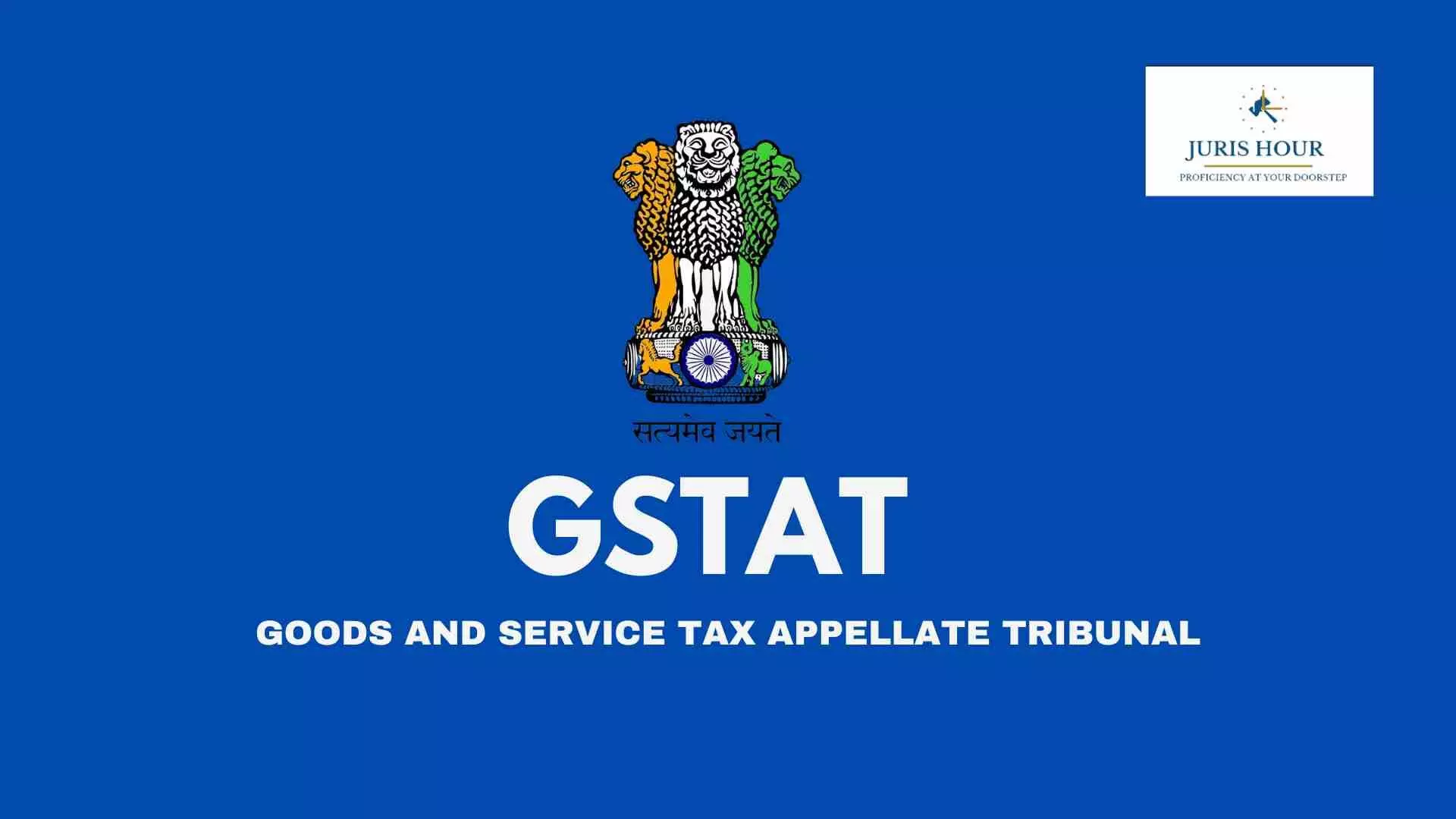In a landmark moment for India’s indirect tax regime, the Goods and Services Tax Appellate Tribunal (GSTAT) held its first-ever hearing on anti-profiteering matters, heralding a new phase in the adjudication of long-pending GST disputes. The session, presided over by Justice (Retd.) Sanjaya Kumar Mishra, former Chief Justice of the Jharkhand High Court and current President of GSTAT, represents a crucial turning point in resolving cases that were previously stuck with the now-defunct National Anti-Profiteering Authority (NAA).
Legislative Overhaul Enables New Jurisdiction
This institutional milestone comes on the heels of a significant legislative amendment—Section 148 of the Finance (No. 2) Act, 2024, which introduced Explanation 2 to Section 171(2) of the Central Goods and Services Tax Act, 2017. The amendment clarifies that the term “Authority” includes the “Appellate Tribunal.” Operationalized by Central Tax Notification 18/2024, the change came into effect on October 1, 2024, and has empowered GSTAT to take over all unresolved NAA cases.
This change offers a much-needed pathway for stakeholders, particularly taxpayers and legal practitioners, who had faced prolonged uncertainty due to the NAA’s inefficiencies and backlog.
Key Features of GSTAT’s Anti-Profiteering Proceedings
Unlike typical tribunal frameworks, GSTAT’s handling of anti-profiteering matters brings notable distinctions. For instance, matters below a specified monetary threshold will be adjudicated by a single bench presided over by the President himself—an approach designed to fast-track decisions and clear the mounting docket.
Observations from the First Hearing
The inaugural session was also marked by Justice Mishra’s attention to courtroom decorum. In a noteworthy moment, he reminded Directorate General of Anti-Profiteering (DGAP) representatives about proper attire as stipulated under GSTAT Rules, signaling the tribunal’s intent to uphold procedural discipline from the outset.
Currently, proceedings are being held in a converted conference room designated as Court No. 1, with space constraints for observers and legal professionals.
A Defining Chapter for Indirect Tax Jurisprudence
The GSTAT’s assumption of anti-profiteering jurisdiction is more than a bureaucratic change—it’s a strategic reform in India’s tax adjudication landscape. With the power to shape foundational jurisprudence in consumer protection and pricing ethics under GST, the tribunal’s performance in these early cases will set important precedents.
Stakeholders across the legal, tax, and business sectors are closely watching how GSTAT develops its interpretative approach in these matters. As much as speedy disposal is anticipated, the consistency and clarity of judgments will ultimately determine the tribunal’s impact on the broader GST ecosystem.

